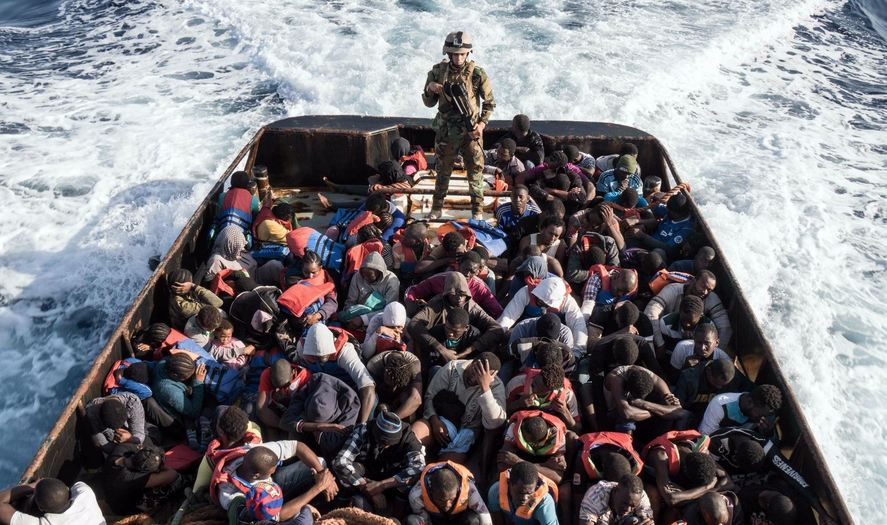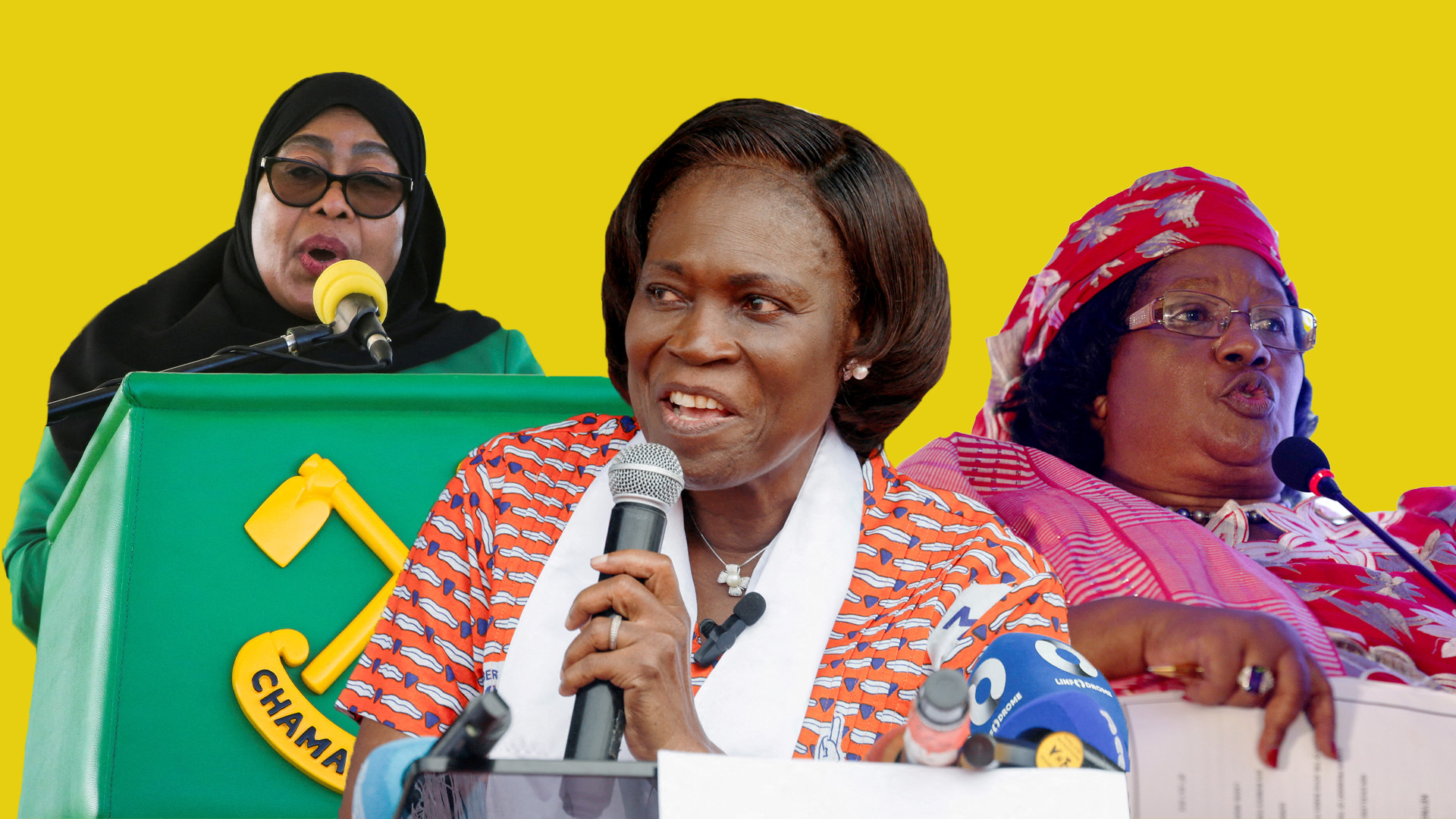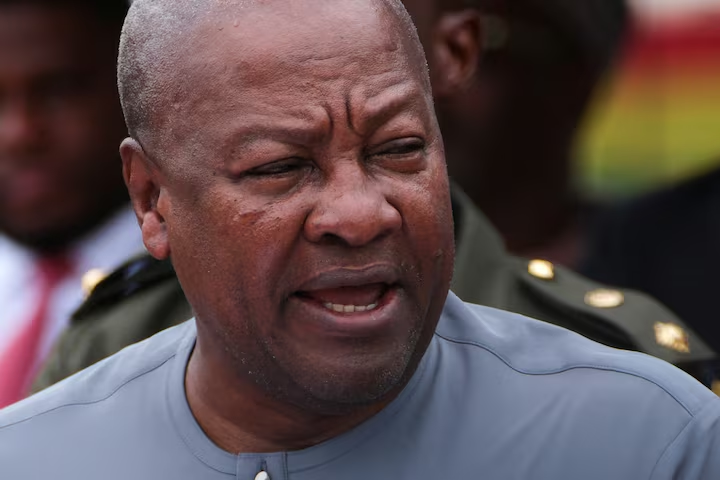
EU leaders to discuss ways to further halt migrant flow

European Union leaders will discuss ways to further curb immigration across the Mediterranean on Thursday, though they remain divided over how to handle refugees who still manage to make it into Europe.
President of the European Council Donald Tusk proposed the creation of a new financing tool in the bloc’s next multi-year budget from 2021 to “stem illegal migration”, replacing the ad hoc calls for money that EU states have seen since arrivals peaked in 2015.
Despite heavy criticism by human rights groups that it is aggravating the suffering of refugees and migrants on the southern shore of the Mediterranean, the EU is sticking to its policy of providing various kinds of assistance to the governments and U.N. agencies in the Middle East and Africa in order to prevent people making the trek north.
While implementing these plans in some places, notably the lawless Libya, is proving difficult, all EU states and institutions in Brussels agree on the approach.
However, the question of how to handle refugees who have made it to the EU is as divisive now as it was two years ago.
Italy, Greece and other frontline states on the Mediterranean, as well as the rich destination countries such as Germany, want all member states to be obliged to take in a set allocation of asylum-seekers.
But several eastern ex-communist EU members reject mandatory quotas, saying accepting Muslim refugees would undermine their sovereignty and security, and the homogeneous makeup of their societies.
They want to help instead with money, equipment and personnel for controlling the bloc’s frontiers.
The Commission is already suing Poland, Hungary and the Czech Republic for failing to take in their allotment of asylum-seekers from the peak of the EU’s migrant crisis in 2015.
According to the International Organization for Migration, 176,452 migrants had arrived in Europe in 2017 as of December 10. 165,902 of these arrived by sea while 10,550 came by land.
The figure is a sizeable decrease in the number that arrived in Europe in 2016, which stood at 375, 895.
So far this year, 3,091 migrants were reported dead or missing, also a decrease from the 5,143 recorded last year.
Libya became a preferred departure point for the migrants due to the lawlessness there, which people smugglers took advantage of.
Earlier this year however, Italy teamed up with Libya to set up an operation force in the North African country’s waters to curb the flow of migrants.






